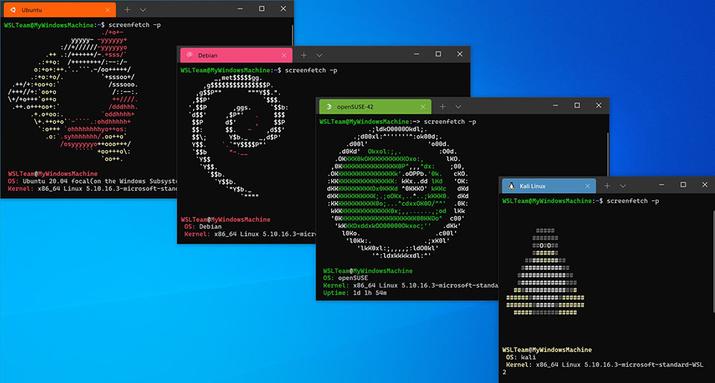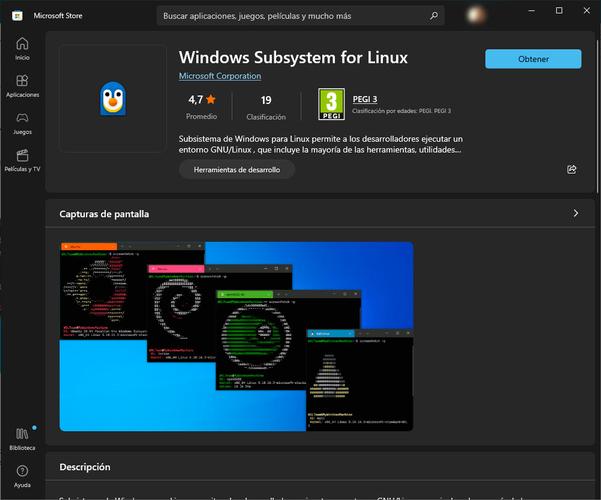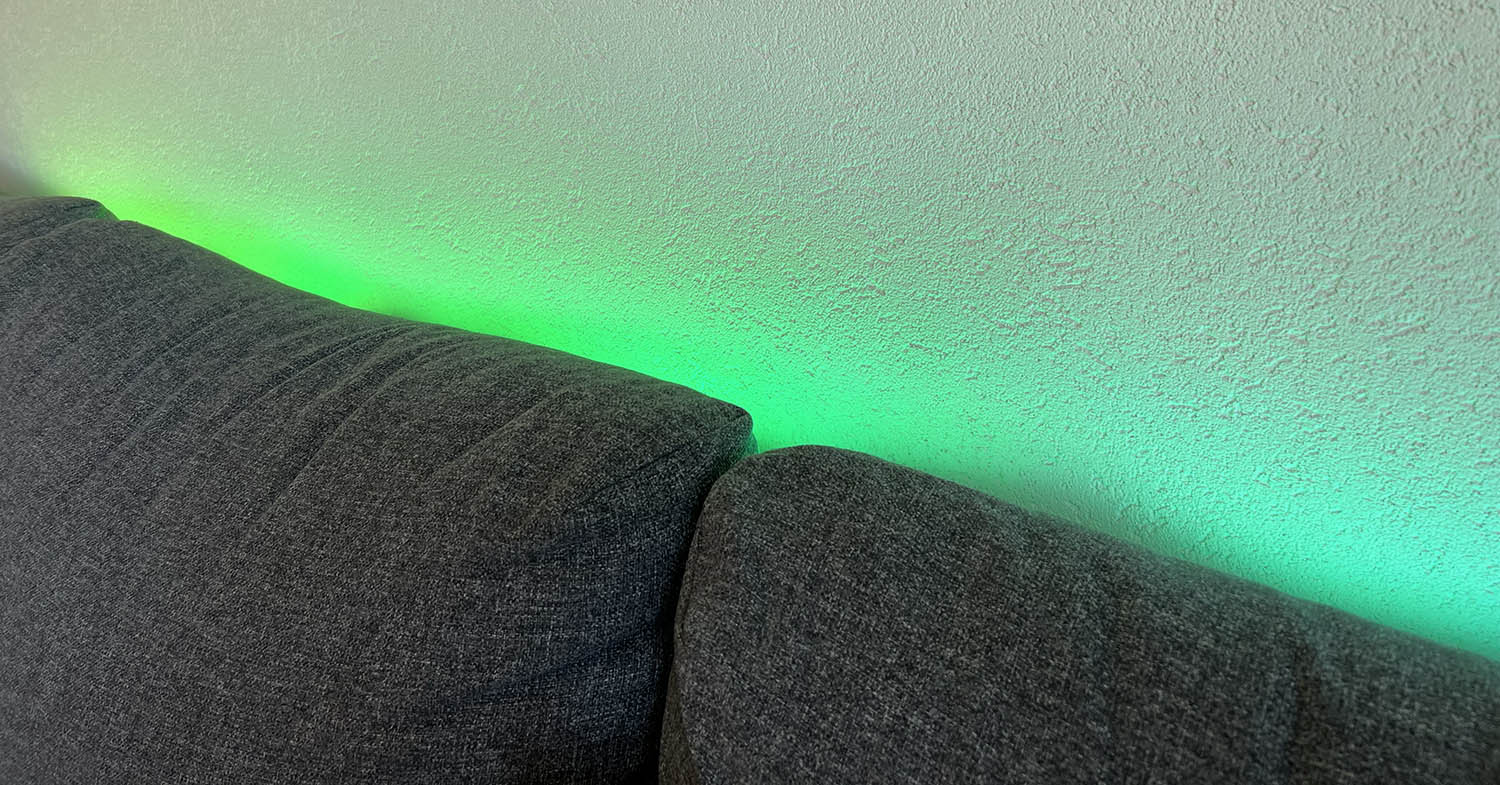For many years, Linux and Microsoft have been rivals and have been competing to earn the trust of users as their operating system of choice. However, for the good of all, this rivalry turned into friendship, and for some time now we have been able to do what we had never been able to imagine: install Linux on Windows 10 or Windows 11 without resorting to more complex methods such as mounting a virtual machine with Linux. .
If the process to have Linux was simple, now it is even more so thanks to a WSL update that turns it directly into a simple application that you will find for free in the Microsoft Store.
Linux is now a Microsoft Store app
WSL, Windows Subsystem for Linux, or Windows Subsystem for Linux, is a feature introduced in Windows 10 that allows us to install a Linux Kernel directly on top of the Microsoft operating system. This is possible thanks to the virtualization of Microsoft’s Hyper-V, and by doing so we will be able to access all the commands and all the terminal programs of this operating system directly from a CMD window.

With WSL we are not going to have a complete Linux desktop experience, as we would get when running Ubuntu, Debian or Kali Linux, for example, from VirtualBox. However, it can be useful both for amateur users who are starting to take the first steps in this operating system and for advanced users and system administrators.
The main purpose of WSL is to allow system administrators, and programmers, to use all the tools and all the Linux services directly from Windows without having to virtualize anything else or set up complicated infrastructures.
Until now, your distribution came in the form of a Windows component, but as of now, “WSL is an app in the Microsoft Store that lets you run real Linux that integrates directly into Windows,” wrote Craig Loewen, Windows Program Manager. Developer Platform, in a Microsoft blog post.
This new version will be the default
The Store version will even be the default for those using the wsl –install command from the terminal. Running the command will automatically install the Store version of WSL. It will no longer enable the optional Windows Subsystem for Linux component, nor will it install the WSL kernel or WSLg MSI packages, as they are no longer needed.
 “The Store version of WSL is now the default version of WSL. The Windows version of WSL will continue to receive critical bug fixes, but the Store version of WSL is where new features and functionality will be added,” Loewen explained.
“The Store version of WSL is now the default version of WSL. The Windows version of WSL will continue to receive critical bug fixes, but the Store version of WSL is where new features and functionality will be added,” Loewen explained.
The news that the store-bought version of WSL has become mainstream from Microsoft also came with a change in the status of the software, from preview to general availability, plus work to ensure it works on both Windows 10 as in 11.














